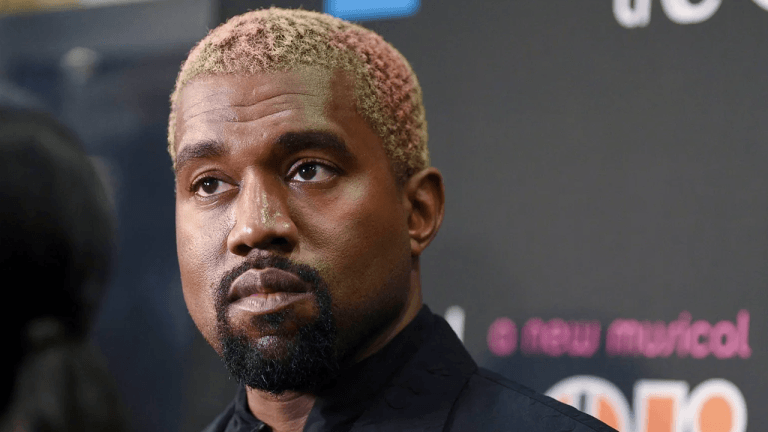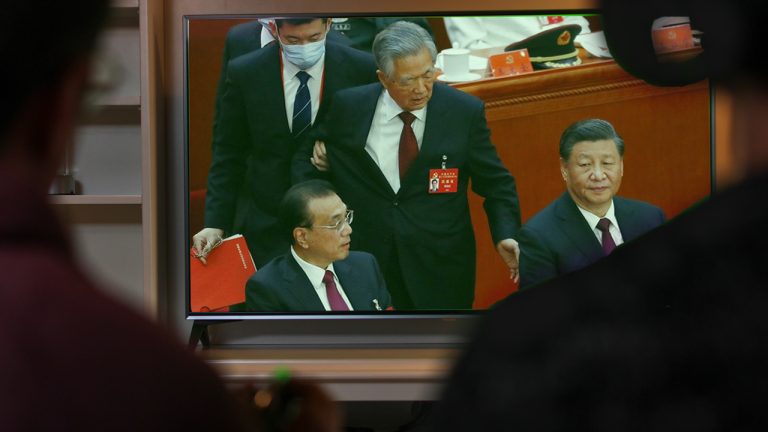
Galaxy Digital CEO Mike Novogratz believes regulators have got it "completely upside-down" on crypto vs AI regulation.
Mike Novogratz, the CEO of digital asset investment firm Galaxy Digital told investors he is shocked over the amount of regulatory attention for crypto rather than artificial intelligence (AI), a technology he believes will trigger a “deep fake” identity crisis.
The chief executive explained at the firm’s fourth-quarter conference call on March 28 that the U.S. government has it “completely upside-down” in choosing to focus so much on crypto regulation and yet turn a blind eye to AI:
“When I think about AI, it shocks me that we’re talking so much about crypto regulation and nothing about AI regulation. I mean, I think the government’s got it completely upside-down.”
This concern appeared to stem from Novogratz’s fear that AI will trigger a “deep fake” identity crisis.
“In lots of ways, one of the best use cases for crypto is going to be identity around AI, because pretty soon you’re going to get a fake Mike Novogratz, hopefully with hair [...] how do you prove identity in a world like that?” he said.
AI portrait Van Novo pic.twitter.com/ESnenSDmdb
— Mike Novogratz (@novogratz) July 16, 2022
However, he believes blockchain-based applications will play a “huge role” in combating some of the issues presented by AI:
“Crypto and blockchain is going to have a huge role in that. It is dumb to think that we should cache this industry because of Sam Bankman-Fried in his Bermuda shorts, period.”
That said, the U.S. Commodity Futures Trading Commission recently engaged in talks about AI and its impacts with the Technology Advisory committee last week.
Seller exhaustion, China easing
As for the current state of the market, Novogratz said “seller exhaustion” and the reopening of China has helped the crypto industry recover remarkably thus far in 2023.
“All the selling that needed to get done got done, right? There was so much bad news, if you had to sell, panic selling and just the nervousness of “Oh my God! This thing could go to zero,” and people were in sheer panic, you had seller’s exhaustion,” he said.
Following a tough zero-COVID approach by the Chinese government, Novogratz said he has since noticed more crypto activity coming out of China.
“China took the regulatory boot off the necks of their tech companies, and that includes crypto, [so] you’re seeing more activity from Asia.”
Related: Could Hong Kong really become China’s proxy in crypto?
From a more technical lens, Novogratz was confident that the crypto market will continue in an upwards trajectory throughout the remainder of 2023:
“The market feels strong, and when I look at it technically on charts, we’ve had big weekly closes. I’m surprised to hear myself say this, given where my mindset was in late December, but it would not surprise if we were substantially higher three months, six months, nine months from now.”
The strong rebound in the crypto market reflected well on Galaxy’s balance sheet too with the firm today revealing in its quarterly results that it finally swung back into profit after a tough loss of $1 billion in 2022.
Magazine: Crypto winter can take a toll on hodlers’ mental health


